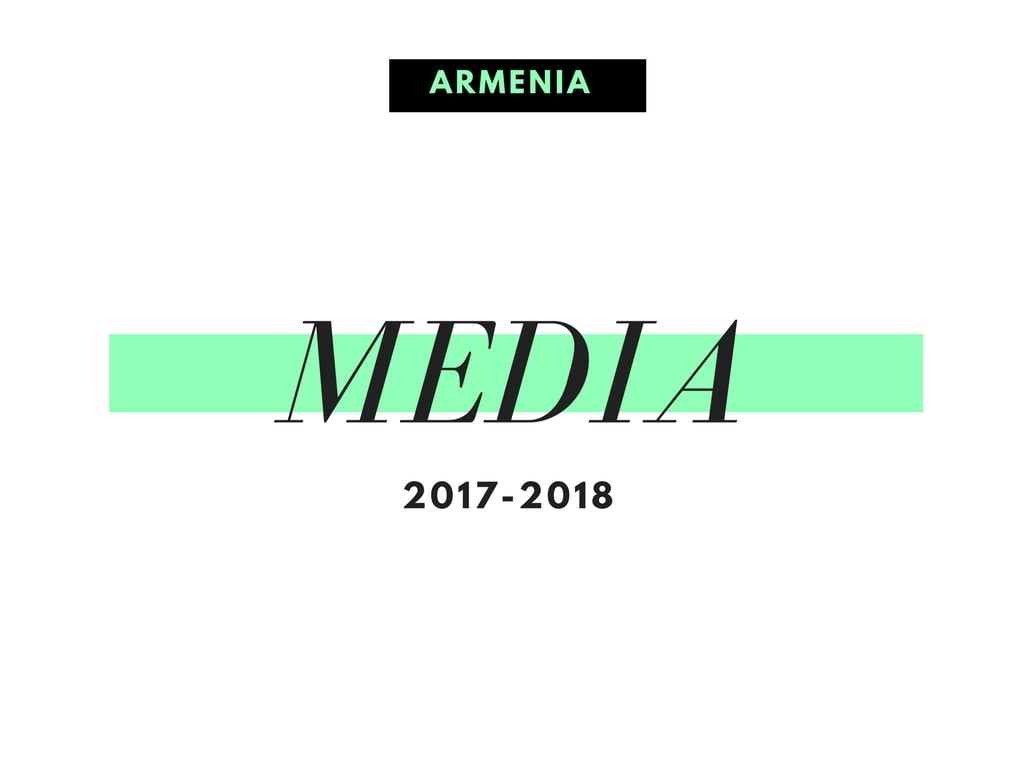The past year can be summed up from different sides, but let’s try to see what interesting things have happened online that will have an impact on the developments of next year.
Probably one of the most important factors for shaping the media sector were the constitutional amendments, the main outcome of which was the transition to a parliamentary republic.
The number of elections is reduced. We’re going to live four years without direct elections. Which will have a serious impact on online news media that operate in the background. Most of them will go down in history or will freeze due to lack of funds.
This, of course, could’ve significantly improved the health of the media sector. But there are a few factors that don’t allow us to be optimistic.
The first is that the closer we get to April, the more the struggle for domestic power will become heated. And there is the likelihood that financial investments will be made not only to ensure PR in current media outlets, but also for the creation of websites yet again based on emptiness and “black PR.”
Though if the “civil war” in the country and in the Republican Party ends in April, these websites will disappear again very quickly.
The second negative factor is that the business industry has finally understood that PR is a good thing, but the majority of businessmen believe for that they have to do only two things: place paid editorial content in existing news outlets and establish their own websites.
If we speak of other interesting developments, then it’s important to accept that Facebook is becoming a more and more difficult domain for work. On one hand, the social network’s censorship system is intensifying and many news websites are blocked or are simply eliminated from the automated systems.
Besides that, many news outlets’ Facebook posts are appearing less, forcing news outlets to take on more active advertising expenses. Either this will lead to the redistribution of the positions of online news media or editors will finally find the means to diversify the traffic to their sites and to use other platforms.
Also to work more actively with the audience, shaping even larger armies of loyal readers.
There is another direction of development depending on this. In many countries, messengers’ channels are becoming serious community-building tools. I’m mainly talking about Telegram and Viber.
In Armenia, this is still an emerging area. Messenger channels may become an alternative source of traffic for media outlets. And it’s possible that new alternative media entities are formed in messenger apps. But at this time it’s hard to evaluate this possible development.
Of course, we need to mention the advancement of an important alternative media platform. I’m talking about the developing vlogs on YouTube. I think the coming year will be interesting in Armenia with vlogs.
The most important thing is that online media differs from other traditional platforms by the fact that it depends on audience engagement. And so, the quality of our media sector in the coming year depends somewhat also on us, the readers. And not only the coming year.
Samvel Martirosyan







